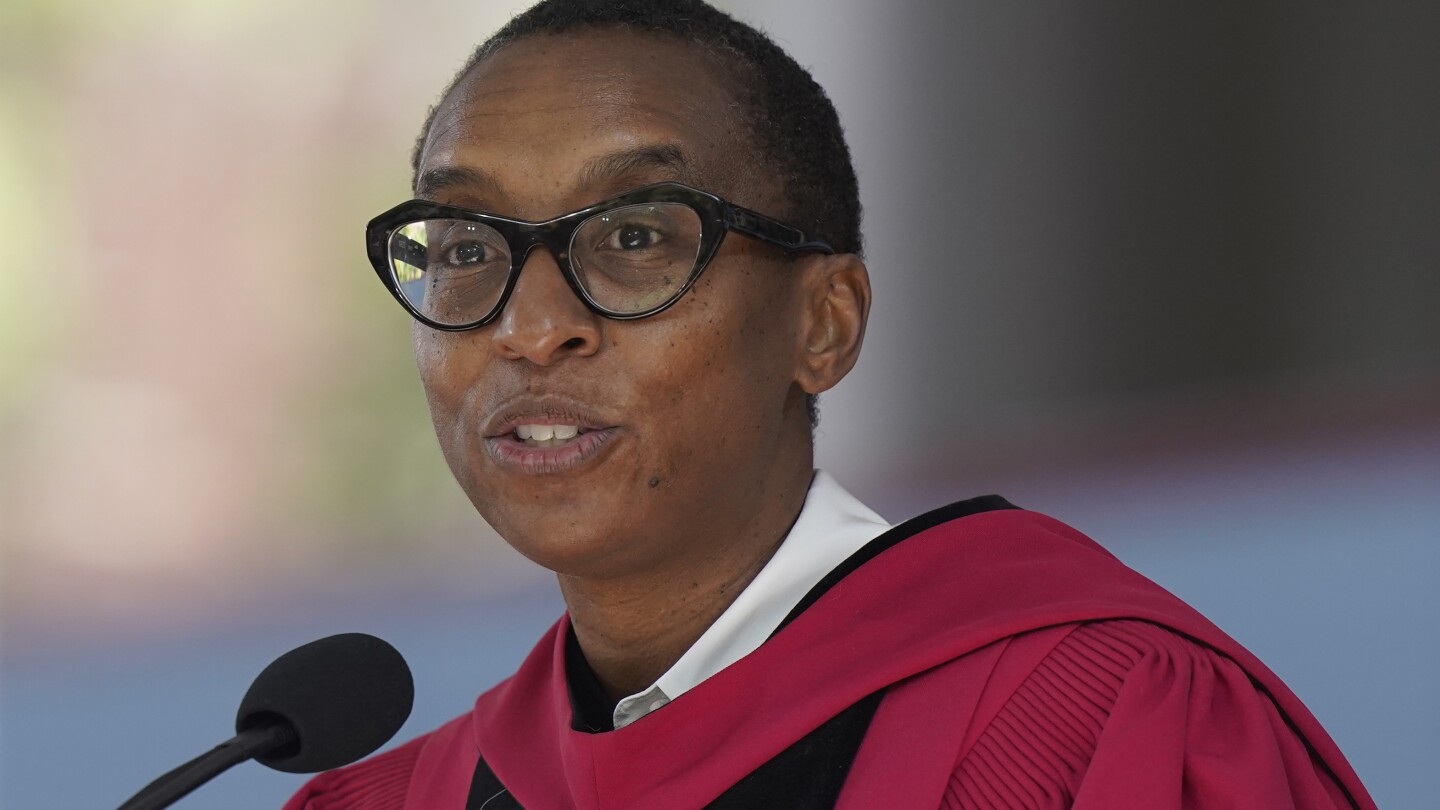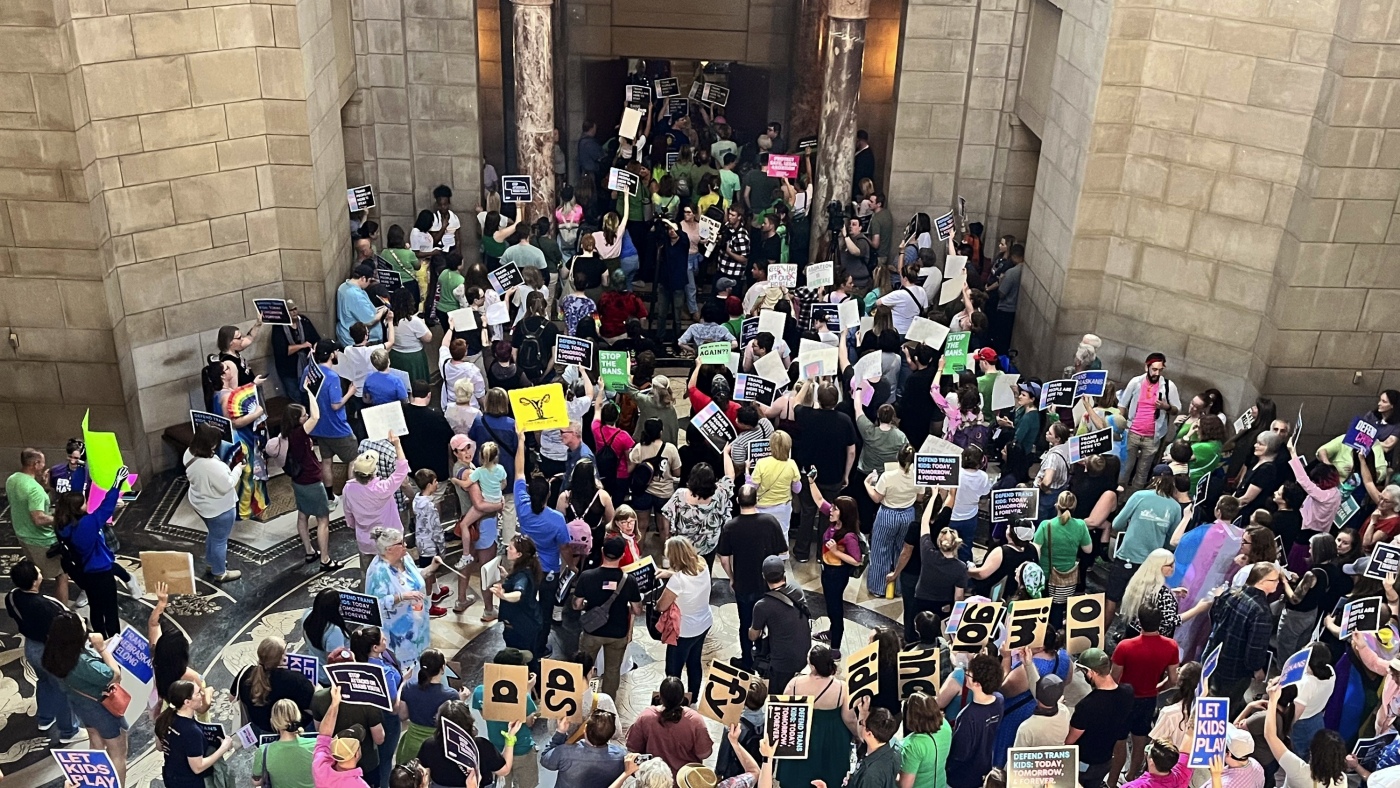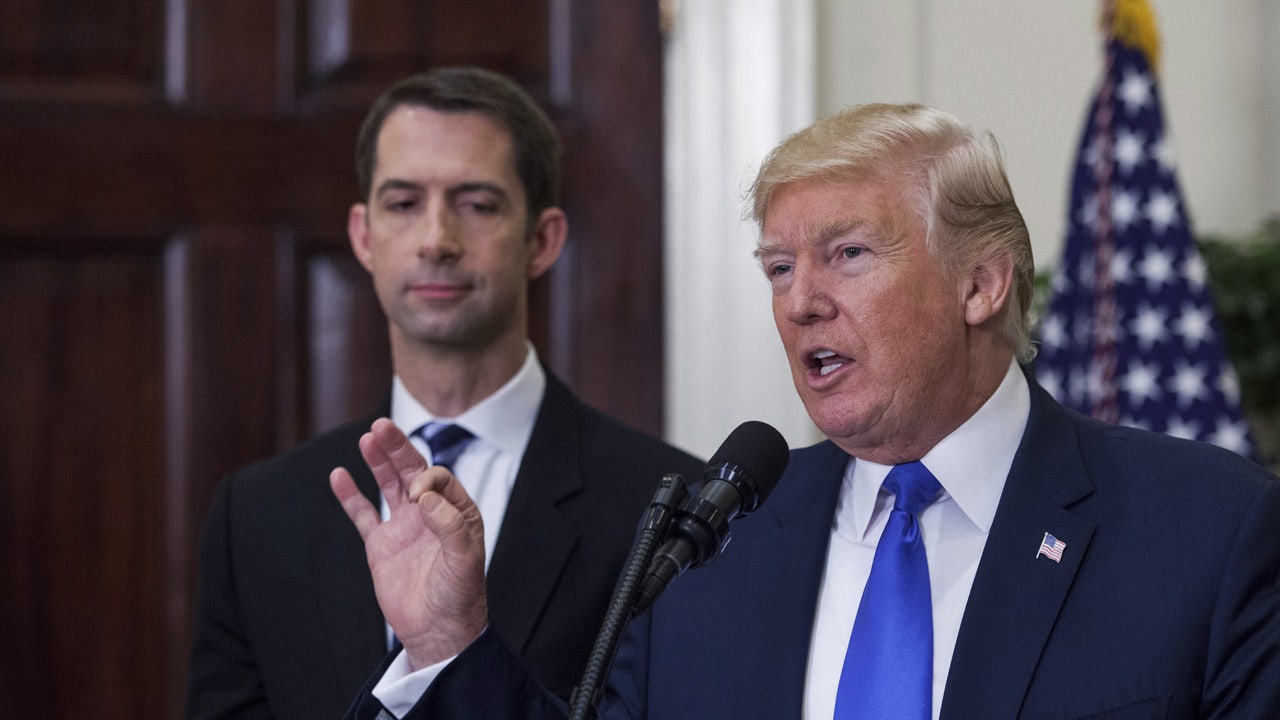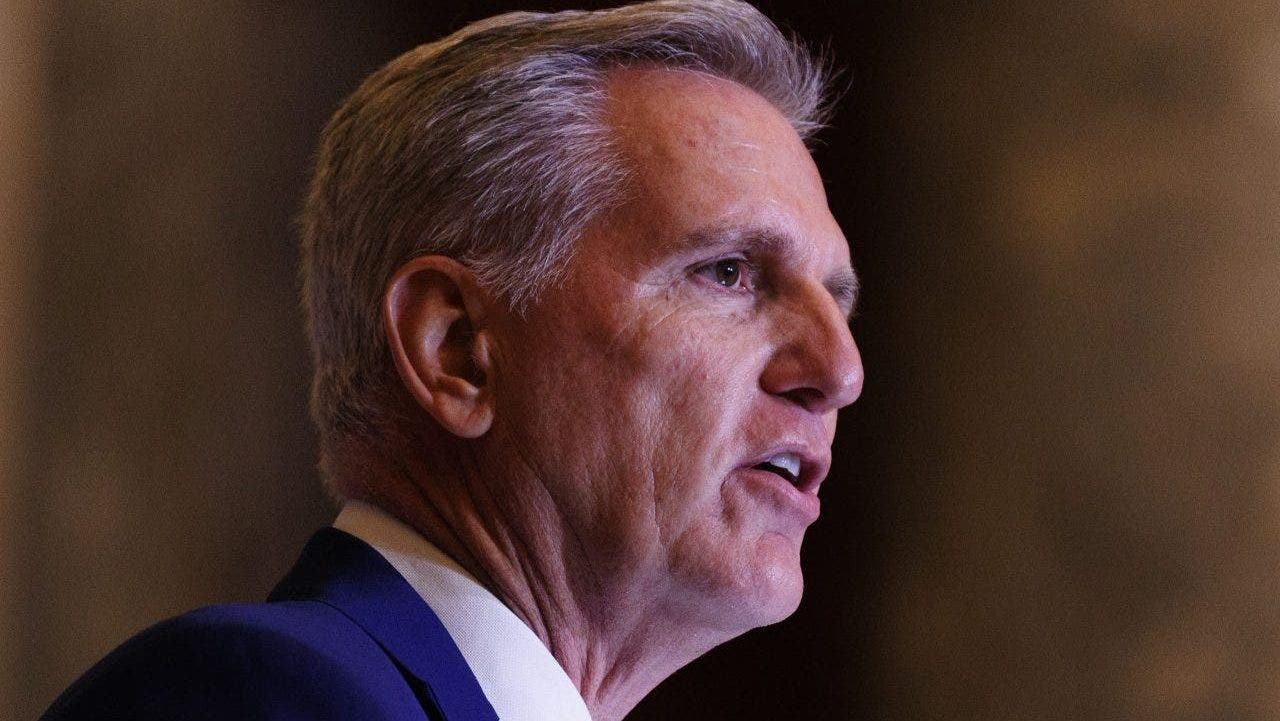Labour leader Sir Keir Starmer has ridiculed Rishi Sunak’s “teenage ‘Dad’s Army’” plan to revive national service, as a Tory minister distanced himself from the policy and a Conservative peer hit out at the UK prime minister.
In Starmer’s first major speech of the campaign on Monday, he sought to reassure voters that his party could be trusted with Britain’s security while claiming Sunak was engaged in political stunts.
Starmer attacked the “desperation” of Sunak’s £2.5bn-a-year plan to revive compulsory national service — which was abolished in 1960 — with 18-year-olds having to do work in the community or with the military.
He said it amounted to “a teenage ‘Dad’s Army’ paid for by cancelling levelling-up funding and money from tax avoidance that we would use to invest in our NHS”.
Steve Baker, Northern Ireland minister in Sunak’s government, also signalled doubts about the national service plan, which has been criticised in a region of the UK where serving with the British army is a highly political issue.
Baker posted on X that it was a Tory policy, not a government one.
“A government policy would have been developed by ministers on the advice of officials and collectively agreed. I would have had a say on behalf of NI [Northern Ireland],” he wrote.
“But this proposal was developed by a political adviser or advisers and sprung on candidates, some of whom are relevant ministers.”
In a further indication of Conservative disarray, Lord Zac Goldsmith said on X that the prime minister had “damaged the Party almost beyond repair and all but guaranteed the majority of his MPs will lose their job next month”.
The Conservative peer added that “the hope is that when Sunak disappears off to California in a few weeks there are at least some decent MPs left around which to rebuild”.
Tory headquarters also acknowledged it had “in error” sent Conservative MPs an email that blamed them for failing to “get behind” the campaign and disclosed personal information, according to a report in the Times.
Sunak’s manifesto pledge to make all 18-year-olds take part in a year-long military placement or to carry out 25 days of compulsory “volunteering” in the community is his biggest policy statement to date.
But Starmer attempted to draw a distinction between his offer of “stability” and Sunak’s approach to government, which he said amounted to “a new plan every week, a new strategy every month”.
Speaking in West Sussex, he vowed to put “country first, party second”, in an attempt to reassure floating voters that he had buried the legacy of left-wing former leader Jeremy Corbyn.
He acknowledged that voters still had questions about Labour and whether his party had changed enough for voters to trust him with their money and with the country’s borders and security.
“My answer is yes, you can, because I have changed my party permanently,” he said.
The Labour leader’s speech was an attempt to establish himself in the minds of voters, many of whom have reservations about him: Starmer is less popular than his party.
YouGov polling last week found that 34 per cent of people had a favourable view of the Labour leader compared with 53 per cent holding a negative view.
Starmer told his audience he grew up in Oxted, a village on the Surrey/Kent border that was “about as English as it gets” but that his family experienced real hardship growing up.
He said that in the 1970s, when inflation was out of control, his family had the phone disconnected because they could not pay all their bills, adding that this informed his belief in the need for economic stability.
Conservatives have focused on Starmer’s record of ditching policies, including many of the left-wing ones he espoused in 2020 when running to succeed Corbyn as Labour leader.
Richard Holden, Conservative party chair, said: “Once again Keir Starmer stood up to tell the country absolutely nothing. In this wearisome and rambling speech there was no policy, no substance, and no plan.”
Starmer, asked whether he stood by the promise he made to axe student tuition fees, said that was still “an option” and there was “a powerful case for change” to the ways students and universities were funded.
But he said a Labour government would face difficult choices and his priority would be the NHS.
Starmer also defended Labour’s plan to end the VAT tax break for private schools, but said the money raised would be used to appoint 6,500 more teachers to state secondary schools.
“I understand the aspirations of those who work and save to send their children to private schools,” he said, before adding that he also understood the aspirations of those, like himself, who sent their children to state schools.

























/cdn.vox-cdn.com/uploads/chorus_asset/file/24038601/acastro_STK109_microsoft_02.jpg)




